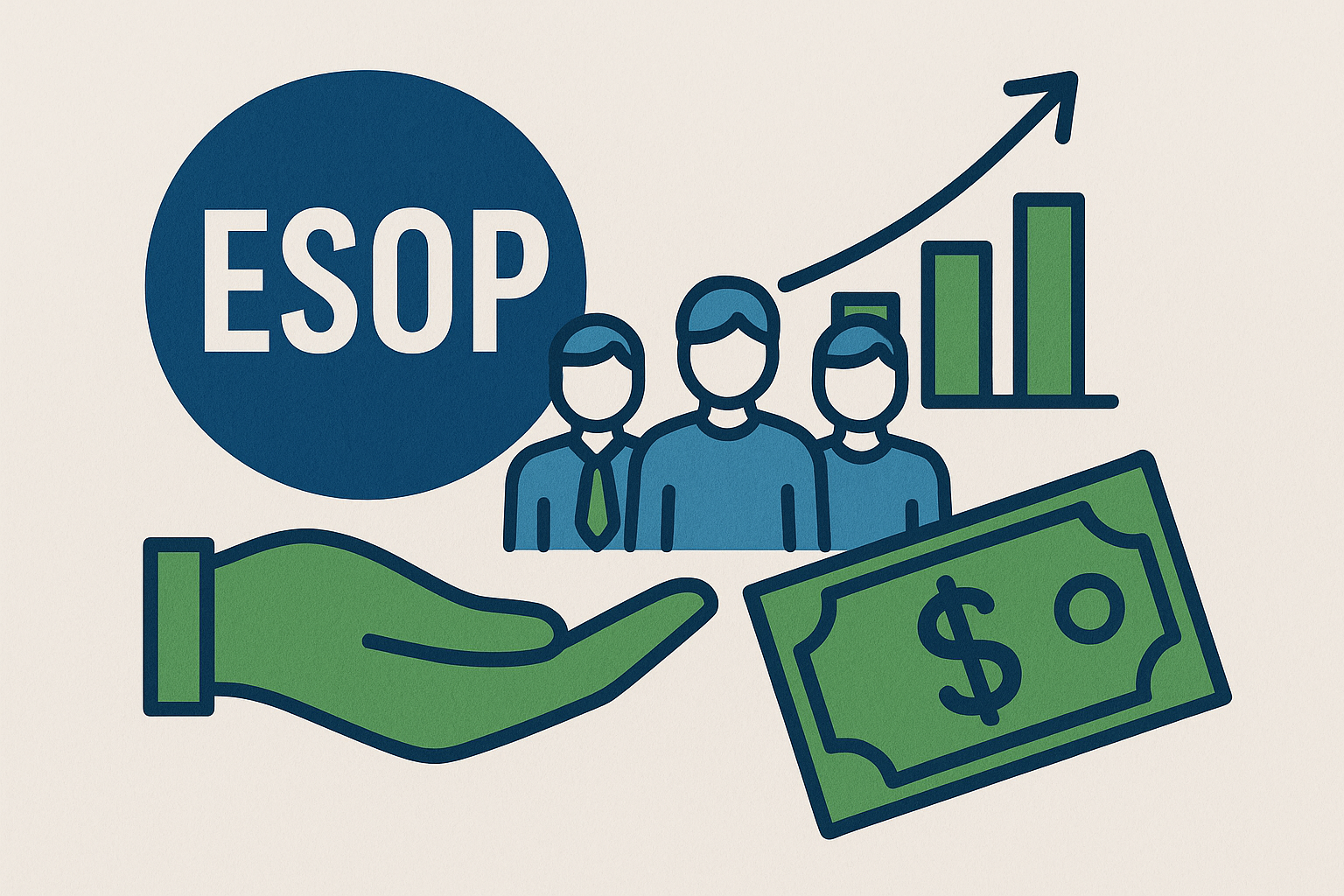Featured Podcast: John Hoffmire on Employee Ownership and the Future of Business
Listen here: ECOH – John Hoffmire – 3 September 2025.mp3
We are pleased to share a thought-provoking conversation with John Hoffmire, Director of the Center on Business and Poverty and co-creator of the Oxford Symposium on Employee Ownership.
In this episode, hosts Pete and Antony explore John’s five-decade career at the forefront of employee ownership—spanning work with farmworker co-operatives, investment banking, and academic leadership at Stanford and Oxford. The discussion provides both a global perspective and practical insights into the policies, models, and cultural dynamics shaping the future of shared ownership.
Highlights from the conversation include:
- Policy levers for growth – Why targeted tax incentives are among the most effective tools to expand employee ownership, and how framing it as “capitalism for everybody” can foster bipartisan support.
- Transitions and governance – Success factors that make certain industries particularly well suited to ownership transitions, and the governance challenges that can slow innovation and adaptation.
- Models in evolution – A candid comparison of co-operatives and Employee Ownership Trusts (EOTs), with an emphasis on open debate and continuous improvement.
- The importance of scale – Why employee-owned businesses must move beyond a “small is beautiful” mindset in order to compete globally and address pressing challenges such as climate change.
- Culture and participation – Redefining participative management by empowering employees in their daily work, rather than relying solely on board representation.
- Advancing financial literacy – John’s vision for integrating corporate and personal finance education to strengthen both business outcomes and individual wellbeing.
This episode offers clear, actionable insights for business leaders, policymakers, and advocates committed to building resilient, inclusive enterprises. Hoffmire’s perspective underscores both the opportunities and the complexities of employee ownership, making it essential listening for anyone shaping the future of work.






